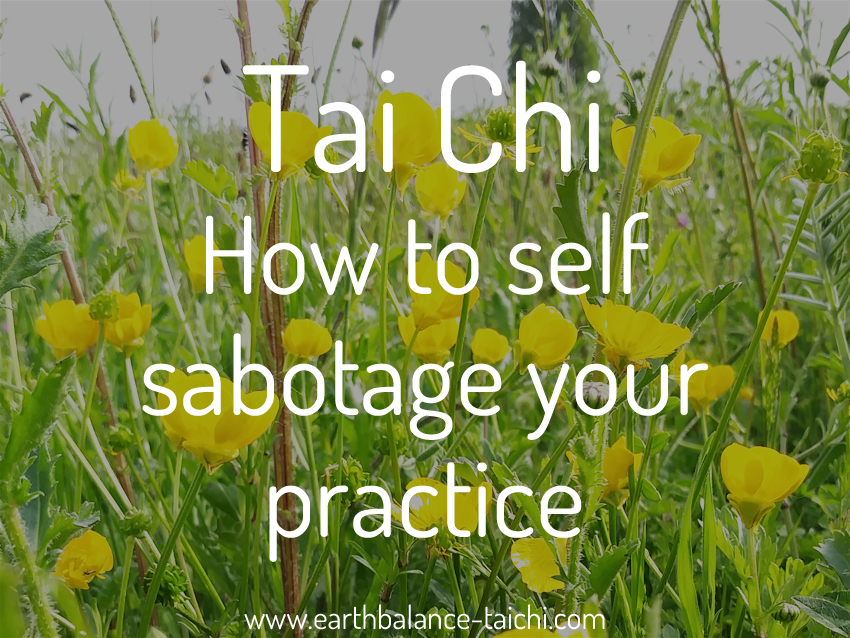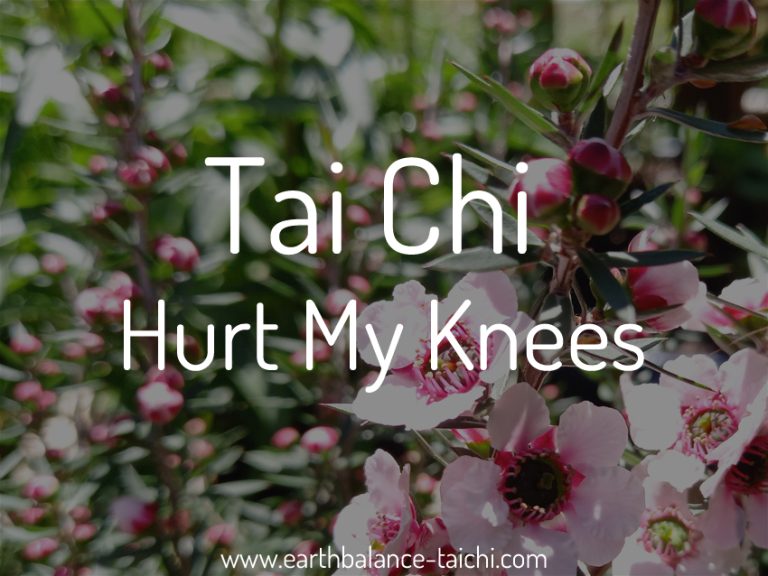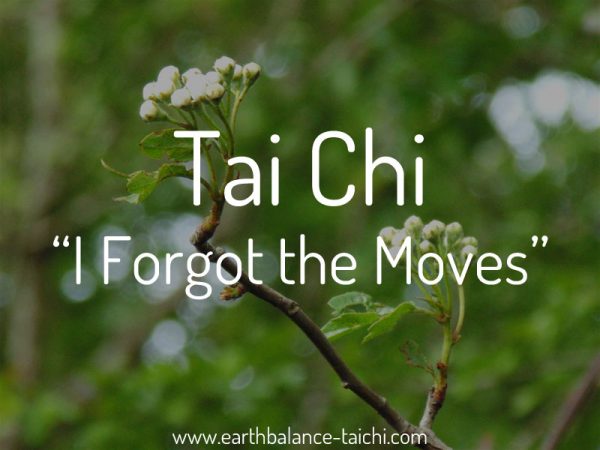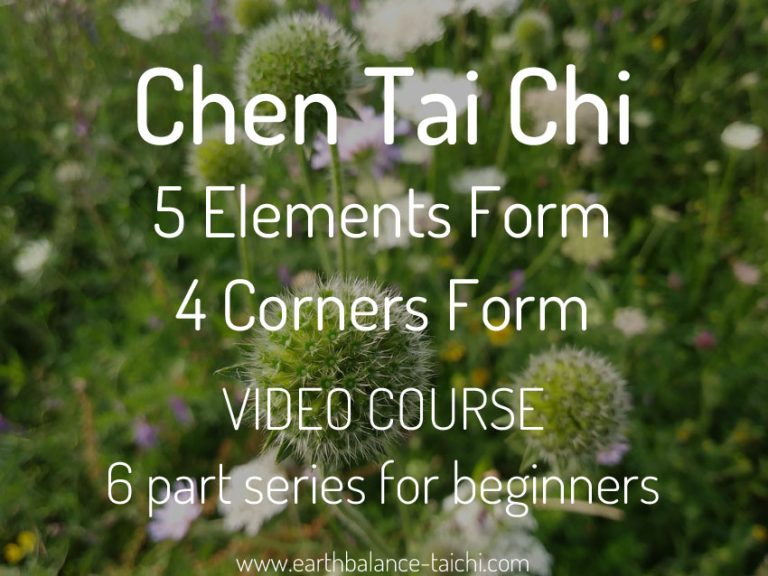Self Sabotage in Tai Chi

Self Sabotage in Tai Chi
When starting a new hobby, like Tai Chi or Qigong, our minds can be our own worst enemy and will try to put all sorts of barriers in the way to stop us from leaving our comfort zone. This is a form of self sabotage. As humans, we like to be in control, and when we are out of control like when we start something new, the mind will self sabotage to regain that sense of control. For many people this means a barrier will be put in place by our minds that will stop us. And then the mind returns to the safety of comfort. This is a trap! We need to challenge ourselves to grow. Here are some typical self sabotage in Tai Chi examples that I have observed with my students as a Tai Chi instructor.
Self Sabotage in Tai Chi - Trap 1
Refusing to learn something when you are not immediately good at doing it. Many people expect to be able to do Tai Chi and Qigong easily, and can get a real shock how difficult and demanding the practices area. Can you get out of your own way and give yourself permission to explore the journey of learning without being a perfectionist, results driven or having an achievement or collecting things mindset? Can you be in your body for the sake of being in your body. Traditionally we talk about coming into every class with an empty plate or cup, which is essentially having a beginner's mind without preconception or judgement.
Whether that be how you view yourself in your practice, how you view your ability, how you view the lesson content or how you view your teacher. Can you release those views you are holding and come into a neutral position? Tai Chi helps develop humility as it is a life long practice that takes a very long time to learn, with hard work, effort and many many failures and few successes along the way. It is your journey alone, you make of it what you will. Can you release your mind from self sabotage? Can you remain humble? Are you open to exploring? Can you show up to every lesson with a beginners mind? Can you struggle and see that as an opportunity?
Even for students with 1, 10 or 20 years experience, all come with an empty plate to Tai Chi and Qigong practice. To listen, observe and digest information as if new. It's a continual process of getting out of the way of your ego mind, and coming back into the body with awareness and compassion.
Self Sabotage in Tai Chi - Trap 2
Leaving a class because "Tai Chi hurt my knees". When starting out a new exercise programme, the body will go through a healing process which can bring up old injuries, cause new discomfort or unease somewhere in the body. Imagine that before coming into a Tai Chi class, that you had a sedentary lifestyle with little mobility and exercise. Your muscles and connective tissue may be set into your habitual routine / posture. When you start moving the body into a new range of motion and waking up the connective tissue and asking the muscles to function again, they are going to resist. They are comfy in their habit as the brain is telling you that is a normal state. Except it's not.
Re-aligning the body through Tai Chi is going to lengthen and shorten areas of the body that are tight and immobile. Tai Chi will also teach you how to better align the body to reduce down the chances of injury. Will the body respond easily to these new movement patterns, simply no. It is essential to manage student expectations on what they may notice in the first few months of training. Otherwise it is easy to think that Tai Chi is doing you harm when it is not. For some people this mindset gives them an easy 'self sabotage' barrier to stop doing something. To move back into their comfort zone and stay as they were. As pain must equal bad, and bad must equal stop, in a simplistic sense.
There is another option, to become informed about your body, to speak to your instructor and ask if what you are feeling is normal and expected, to learn about your pain response and what is a good pain and what is a bad pain in Tai Chi, to work with a physical therapist to know exactly what is going on with your soft and connective tissue. This way you remain open to your experience, you are curious to learn how you can progress within your current physical baseline, and as you learn about your body you start to develop body sensitivity, your alignment starts to improve and over time the healing response subsides. Read my article on the healing process and what to expect.
Self Sabotage in Tai Chi - Trap 3
When you are practicing Tai Chi and blank, or do the wrong movement, or do something that does not feel not quite right, take a moment to pause in your posture. Hold yourself quietly in the same position and take a moment. Do not jump out of the form/routine and say "I can't do it" or "I can't remember", or the most popular "I've lost it". Instead, by pausing, staying in your form and taking a breath, you give your body the chance to remember. With pause, there is space to relax, and when we relax without reaction, the majority of the time you will remember, or be able to go back a few movements, or continue on.
The key here is to not self sabotage and jump out of the form and berate yourself, as this only fosters a negative reaction as a patterned response. It also hinders you in the learning process, as you keep training yourself to react negatively to your own ability, rather than having self compassion to be open to discovery and progression through ebb and flow. How you react matters!
Pausing tells the mind to let go, to take a side step, and gives the body a chance to take the lead. The body remembers through muscle memory and sometimes needs some space away from the thinking mind to work it out. There is no negative talk in pausing, no self berating at your ability, only self compassion. This soft reaction can be trained into the mind/body through your Tai Chi practice and is a useful tool to develop in your daily life.
Thanks for reading Self Sabotage in Tai Chi!













